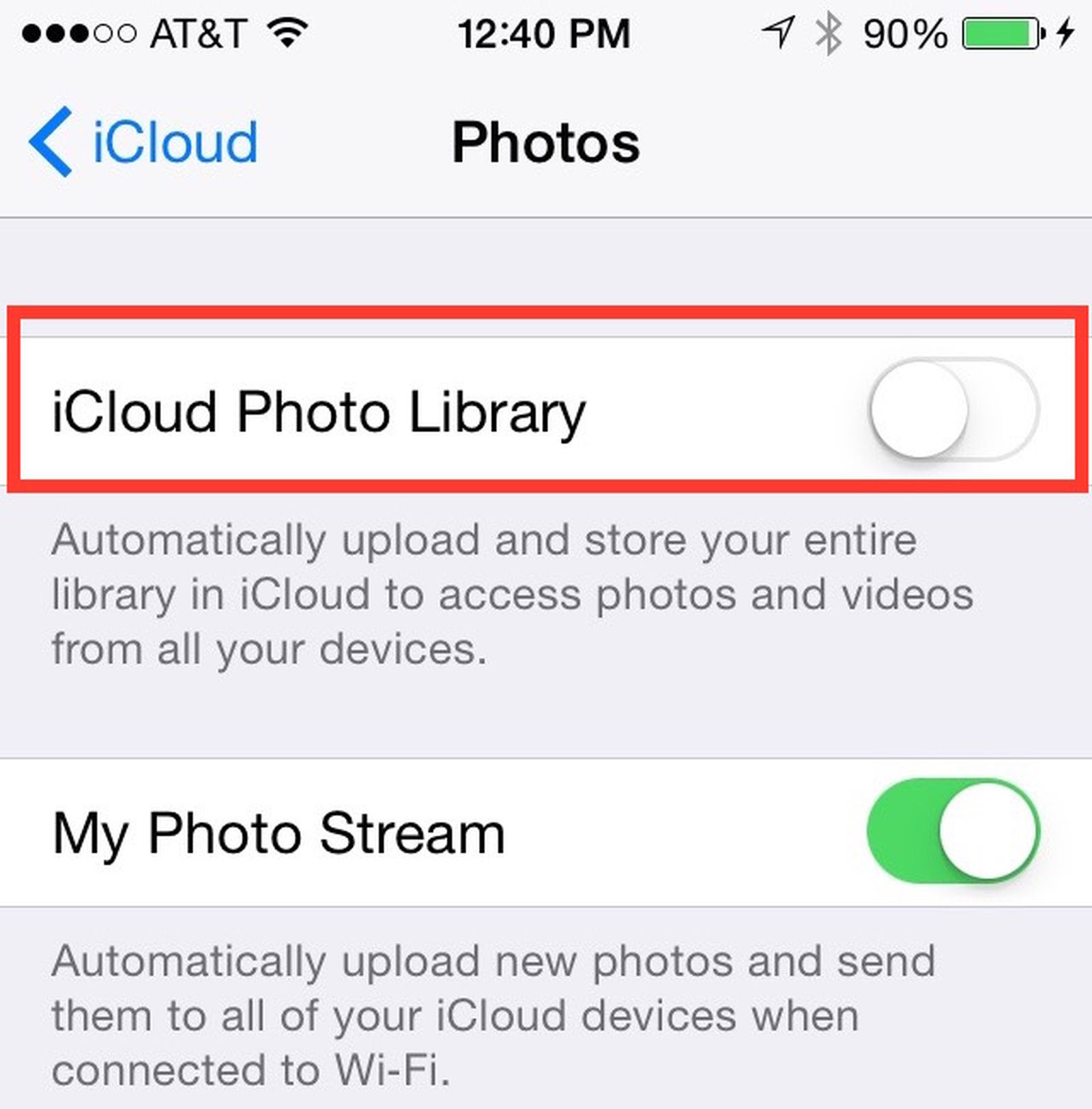Install Gnu Scientific Library Mac
- Gnu Scientific Library Windows 10
- Gnu Scientific Library Visual Studio
- Gnu Scientific Library Ubuntu
- Install Gnu Scientific Library Machine
- Gnu C++ Library
1. Introduction
GNU Scientific Library(GSL) is a numerical library for C and C++ programmers. It’s a free software under the GNU General Public License.This library provides over 1000 functions which almost covers all the regular mathematical routines.
The complete range of subject areas covered by the library includes:
Feb 20, 2016 The topicmodels R package actually depends on the GNU scientific library (GSL).You can get this using homebrew. Dec 31, 2012 GSL follows the standard GNU installation procedure. The INSTALL file in this distribution for more detailed instructions. 'Compilation Notes' section in the INSTALL file. Jan 22, 2016 The GNU Scientific Library (or GSL) is a software library for numerical computations in applied mathematics and science.The GSL is written in C.
How can I find out if GNU Scientific Library is installed? How can I tell if GNU GSL is installed? Ask Question Asked 3 years, 10 months ago. Active 3 years. Apple doesn't install it (afaik), so you'll need Fink or MacPorts or homebrew or a manual install.
Complex Numbers, Roots of PolynomialsSpecial Functions, Vectors and MatricesPermutation, SortingBLAS Support,Linear AlgebraEigensystems, Fast Fourier TransformsQuadrature, Random NumbersQuasi-Random Sequences, Random DistributionsStatistics, HistogramsN-Tuples, Monte Carlo IntegrationSimulated Annealing, Differential EquationsInterpolation, Numerical DifferentiationChebyshev Approximation, Series AccelerationDiscrete Hankel Transforms, Root-FindingMinimization, Least-Squares FittingPhysical Constants, IEEE Floating-PointDiscrete Wavelet Transforms, Basis splines
- The library uses an object-oriented design. Different algorithms can be plugged-in easily or changed at run-time without recompiling the program
- Unlike the license of proprietary numerical libraries the license of GSL does not restrict scientific cooperation, instead, it allows you to share your program freely with others.
- The interface was designed to be simple to link to very high-level language, such as GNU Guile or python.
Primarily Supported Platforms:
Developed on the following platform:
- GNU/Linux with gcc
Other platforms:
- SunOS 4.1.3 & Solaris 2.x(Sparc)
- Alpha GNU/Linux, gcc
- HP-UX 9/10/11, PA-RISC, gcc/cc
- IRIX 6.5, gcc
- m68k NeXTSTEP, gcc
- Compaq Alpha Tru64 Unix, gcc
- FreeBSD, OpenBSD & NetBSD, gcc
- Cygwin
- Apple Darwin 5.4
- Hitachi SR8000 Super Technical Server, cc
2. Installation
The current version is GSL-1.16. It was released on 19 July 2013. This version can be found in the gel subdirectory on your nearest GNU mirror )
Gnu Scientific Library Windows 10
Recommended way to install:
use a package manager
- Homebrew(for mac users):
brew install gsl - Synaptic(for Linux users): preinstalled in Ubuntu, Debian administers need to
apt-get install synapticin terminal - Cygwin(for windows users):
gslthe GNU Scientific Library: runtimegsl-appsthe GNU Scientific Library: application programsgsl-debuginfoDebug info for gslgsl-develthe GNU Scientific Library: developers toolsgsl-docthe GNU Scientific Library: documentation
Link to the libraries:
- Mac+Xcode:1.Create a new Xcode Project2.Edit Build Settings3.Under “Other Linker Flags” add the following:-lgsl-lgslcblas4.Under “Header Search Path” add the following:/usr/local/Cellar/gsl/1.15/include5.Under “Library Search Path” add the following:/usr/local/Cellar/gsl/1.15/lib6.Add the appropriate #include to your source files for the GSL library you wish to use.8. Code and Compile.
- Windows+Virtual Studio:manual
- Linux+Terminal:
g++ -Wall -o program program.c -lgsl -lgslcblas -lm
3. Examples
The error code numbers returned by library functions are defined in the file gsl_errno.h. They all have the prefix GSL_ and expand to non-zero constant integer values.
- Macro: int GSL_EDOMDomain error; used by mathematical functions when an argument value does not fall into the domain over which the function is defined (like EDOM in the C library)
- Macro: int GSL_ERANGERange error; used by mathematical functions when the result value is not representable because of overflow or underflow (like ERANGE in the C library)
- Macro: int GSL_ENOMEMNo memory available. The system cannot allocate more virtual memory because its capacity is full (like ENOMEM in the C library). This error is reported when a GSL routine encounters problems when trying to allocate memory with malloc.
- Macro: int GSL_EINVALInvalid argument. This is used to indicate various kinds of problems with passing the wrong argument to a library function (like EINVAL in the C library).
int status = gsl_function (..) // status 0, no error
printf ('error: %sn', gsl_strerror (status)); //gsl_strerror converts the error codes into a message.
Gnu Scientific Library Visual Studio
Reference
Install XCode command-line tools
Gnu Scientific Library Ubuntu
If you already have XCode command-line tools installed, then typing clang++ at the terminal should produce output like the following:
Install Gnu Scientific Library Machine
If they aren't installed, then the clang++ command should automagically initiate the installation for you.
Install Qt
The latest version of Qt as of this writing -- Qt 5.12.1 -- should work fine. Obtain it from https://qt.io/. Once you have downloaded the dmg, simply open it and double-click the install app it contains.
Once the installation is complete, you will probably need to add the Qt bin directory containing qmake to your PATH. Using Qt's default installation location that path on Larry's system is:
/Users/larryy/Qt5.12.1/5.12.1/clang_64/bin
Then open a terminal and verify that typing qmake --version produces output like the following:
Install GSL
Install the GNU Scientific Library, which can be found at http://www.gnu.org/software/gsl.
Gnu C++ Library
You may try the following sequence of commands in your terminal, which is the procedure Sean uses to download, build, and install:
The OSX-specific install is now complete, so proceed to the POSIX installation procedure.
